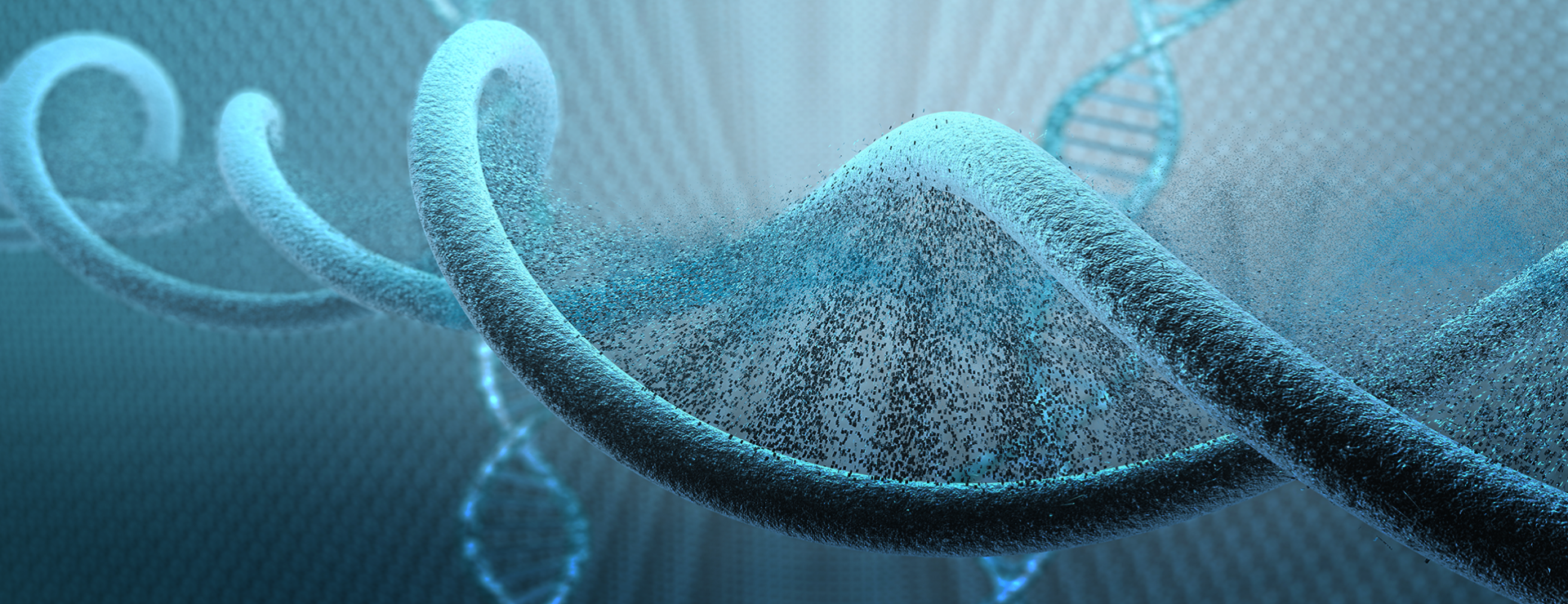
GABRA1
Facebook Support Group
Guide to Pharmacology
Share Your Story
What Is GABRA1?
GABRA1 is a gene that plays a role in the functioning of the brain and nervous system. Genes are like instruction manuals that tell our bodies how to make certain proteins, which are the building blocks of our cells.
The GABRA1 gene provides instructions for making a protein called a receptor, specifically a type of receptor called a GABA-A receptor. Receptors are like tiny locks on the surface of our cells, and they interact with specific molecules called neurotransmitters to send and receive signals in the brain.
The GABA-A receptor is important because it responds to a neurotransmitter called gamma-aminobutyric acid (GABA). GABA is known as an inhibitory neurotransmitter, which means it helps to calm down or inhibit the activity of the brain and nervous system. It helps regulate our mood, anxiety levels, and overall brain function.
When there are variations or changes in the GABRA1 gene, it can affect how the GABA-A receptor functions. These changes can alter the receptor’s ability to properly respond to GABA, leading to imbalances in brain activity.
Changes in the GABRA1 gene have been associated with certain neurological and psychiatric conditions, such as epilepsy and schizophrenia. Scientists study the GABRA1 gene to better understand how these conditions develop and potentially develop new treatments that target this gene or the GABA-A receptor.
In summary, GABRA1 is a gene that produces a protein involved in the functioning of the brain and nervous system. Variations in this gene can affect the brain’s response to a neurotransmitter called GABA, potentially contributing to neurological and psychiatric disorders.
Symptoms of GABRA1?
GABRA1 is a gene that encodes the α1 subunit of the GABA(A) receptor, which is a neurotransmitter receptor involved in inhibitory signaling in the brain. Mutations in the GABRA1 gene have been associated with a rare neurological disorder known as Generalized Epilepsy with Febrile Seizures Plus (GEFS+). Symptoms of a mutation on GABRA1 can vary widely among affected individuals, but typically include the following:
- Febrile seizures: These are convulsions or seizures that occur in response to a fever, usually during early childhood.
- Generalized seizures: Individuals with GABRA1 mutations may experience different types of generalized seizures, including absence seizures (brief loss of consciousness), tonic-clonic seizures (grand mal seizures characterized by convulsions), or myoclonic seizures (brief muscle jerks).
- Febrile status epilepticus: In some cases, individuals with GABRA1 mutations may have prolonged or recurring seizures during a febrile illness, leading to a condition called febrile status epilepticus.
- Other seizure types: Some individuals with GABRA1 mutations may experience additional types of seizures, such as atonic seizures (sudden loss of muscle tone) or focal seizures (seizures that start in a specific area of the brain).
- Cognitive and developmental issues: There may be associated cognitive impairments, such as learning difficulties, intellectual disability, or developmental delays.
- Developmental and epileptic encephalopathy (DEE): has been associated with mutations in the GABRA1 gene. DEE refers to a group of severe neurological disorders characterized by the combination of early-onset epilepsy and developmental regression or impairment.
- Behavioral problems: Behavioral issues such as attention deficit hyperactivity disorder (ADHD), aggression, anxiety, or autism spectrum disorders may be present.
- Global developmental delay (GDD): has been reported in some individuals with mutations in the GABRA1 gene. GDD refers to a significant delay in multiple areas of development, including cognitive, motor, social, and language skills. It can manifest as delays in reaching developmental milestones, such as sitting, crawling, walking, talking, and interacting with others.
- Electroencephalogram (EEG) abnormalities: Abnormal electrical activity in the brain, as detected by EEG, is often observed in individuals with GABRA1 mutations, even in the absence of clinical seizures.
- Hypotonia, which refers to low muscle tone or decreased muscle strength, has been reported in some individuals with mutations in the GABRA1 gene. Hypotonia can affect various muscle groups and may contribute to motor difficulties and delays in achieving motor milestones such as sitting, crawling, and walking.
It’s important to note that the symptoms and severity of these conditions can vary widely among individuals, even among those with the same genetic variation. Additionally, further research is needed to fully understand the relationship between GABRA1 gene variations and the associated symptoms and conditions.
If you have specific concerns about GABRA1 gene variations or related conditions, it is recommended to consult with a healthcare professional or a geneticist who can provide you with the most up-to-date and accurate information based on your specific situation. They can conduct a thorough evaluation and provide appropriate guidance and support.
Disclaimer: It is important to note that our understanding of GABA A Variants and their associated symptoms is an ongoing area of research. As of now, there may still be limited information available regarding the specific symptoms and implications of these genetic variations. It is recommended to consult with healthcare professionals or genetic specialists, and stay updated with the latest scientific research, as ongoing studies and advancements may provide further insights into GABA A Variants and their related symptoms.
Cure GABA A Variants non-profit and cureGABAa.org does not provide medical advice. It is intended for informational purposes only. It is not a substitute for professional medical advice, diagnosis or treatment. It does not diagnose, it produces a ranked list of suspected genes which provide assistance for rare hereditary disease cases. Patients should discuss their findings with their healthcare provider. Cure GABA A Variants does not intend to diagnose patients. It is providing information in order for patients to find and get better management of expert certified clinical assistance.
References>>

